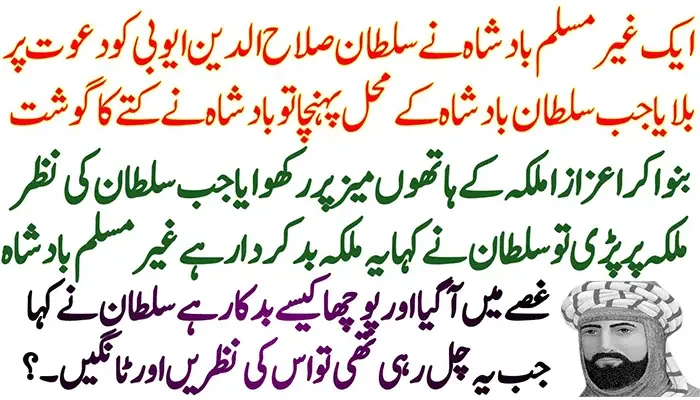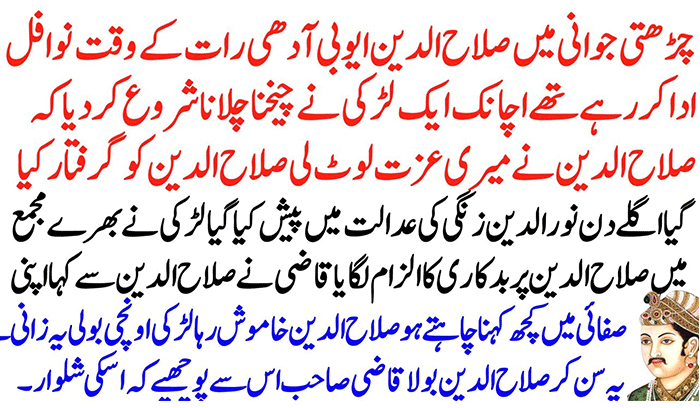Advanced education frameworks across Europe show a rich embroidery of variety, formed by verifiable, social, political, and financial variables. In late many years, expanding globalization and the Bologna Cycle have driven endeavors towards harmonization and union. In any case, critical varieties endure, making a similar examination fundamental for figuring out the subtleties and intricacies of European advanced education.
Verifiable Setting:
The foundations of advanced education in Europe follow back to middle age colleges, for example, the College of Bologna and the College of Paris, which established the groundwork for scholarly practices and designs. After some time, various models arose, incorporating the Humboldtian model in Germany accentuating exploration and scholastic opportunity, and the Napoleonic model in France zeroing in on unified administration and expert preparation.
Primary Variety:
European advanced education frameworks show different designs, including paired frameworks (e.g., UK), unitary frameworks (e.g., France), and government frameworks (e.g., Germany). Varieties likewise exist in the association of degrees, for certain nations following a customary three-cycle framework (unhitched male’s, lord’s, doctorate), while others keep up with longer cycles or elective models.
Subsidizing and Administration:
Subsidizing components change generally across Europe, with commitments from public sources, educational expenses, and confidential financing. Administration structures range from incorporated models, where services regulate advanced education, to decentralized frameworks with more prominent institutional independence. The harmony between state control and institutional independence reflects more extensive cultural qualities and political elements.
Access and Value:
Admittance to advanced education is a focal worry, with varieties in confirmation standards, educational expenses, and backing systems for underrepresented gatherings. Nordic nations, for instance, focus on equivalent access through broad government assistance arrangements, while others face difficulties in tending to financial differences in instructive fulfillment.
Quality Confirmation and License:
Endeavors to guarantee quality and keep up with norms are fundamental to European advanced education. While quality affirmation components exist in all nations, approaches change, going from outside certification offices to inward quality confirmation frameworks. The European Principles and Rules (ESG) give a system to advancing straightforwardness and responsibility in quality confirmation rehearses.
Internationalization and Portability:
European advanced education is progressively internationalized, with developing understudy versatility, cooperative examination drives, and the expansion of English-instructed programs. The Erasmus+ program has been instrumental in advancing understudy trade and cross-line joint effort, cultivating a feeling of European character and participation.
Difficulties and Amazing open doors:
Notwithstanding progress towards combination, challenges persevere, including financing requirements, segment shifts, and the effect of worldwide emergencies like the Coronavirus pandemic. In any case, these difficulties likewise present open doors for advancement, cooperation, and the improvement of more comprehensive and versatile advanced education frameworks.
End:
A similar examination of advanced education frameworks in Europe uncovers a complicated scene formed by verifiable heritages, institutional designs, and financial elements. While variety stays a characterizing highlight, endeavors towards combination are clear, determined by shared objectives of greatness, value, and internationalization. By understanding the subtleties and intricacies of European advanced education, partners can pursue addressing provokes and exploiting valuable chances to guarantee the proceeded with essentialness and significance of advanced education in the area.
This article gives a far reaching outline of the near examination of advanced education frameworks in Europe, featuring key components of variety, union, difficulties, and open doors. Through a nuanced investigation of verifiable, underlying, and strategy settings, it offers bits of knowledge into the intricacies and elements forming advanced education across the landmass.



